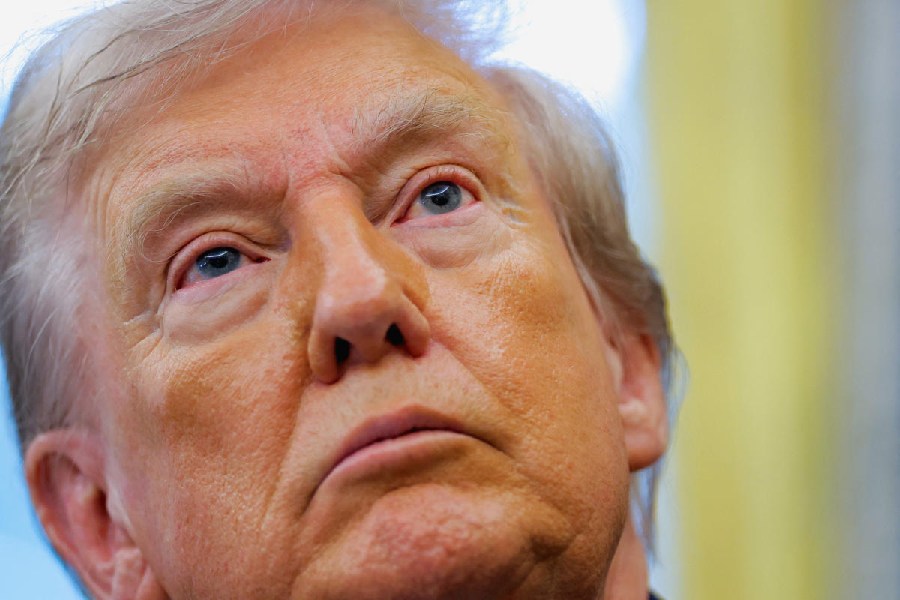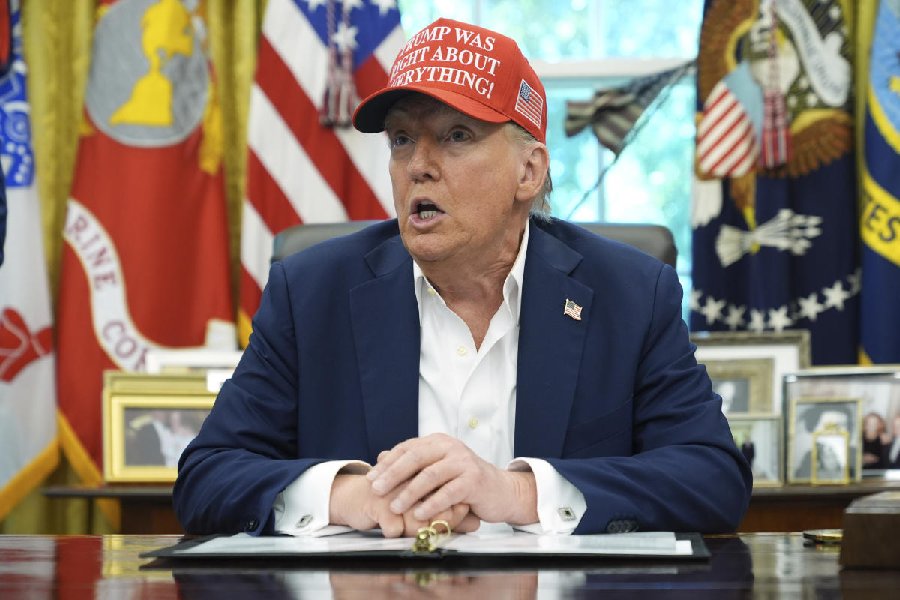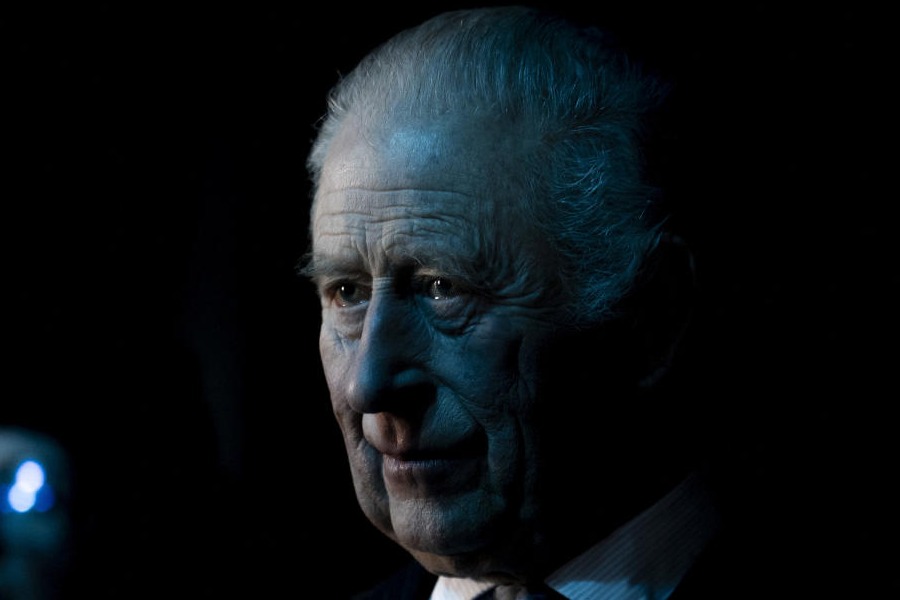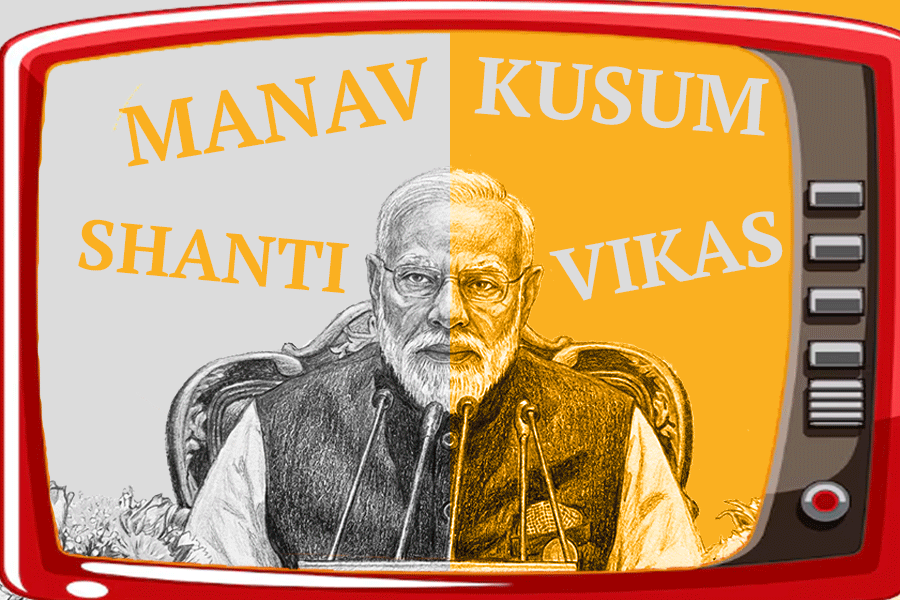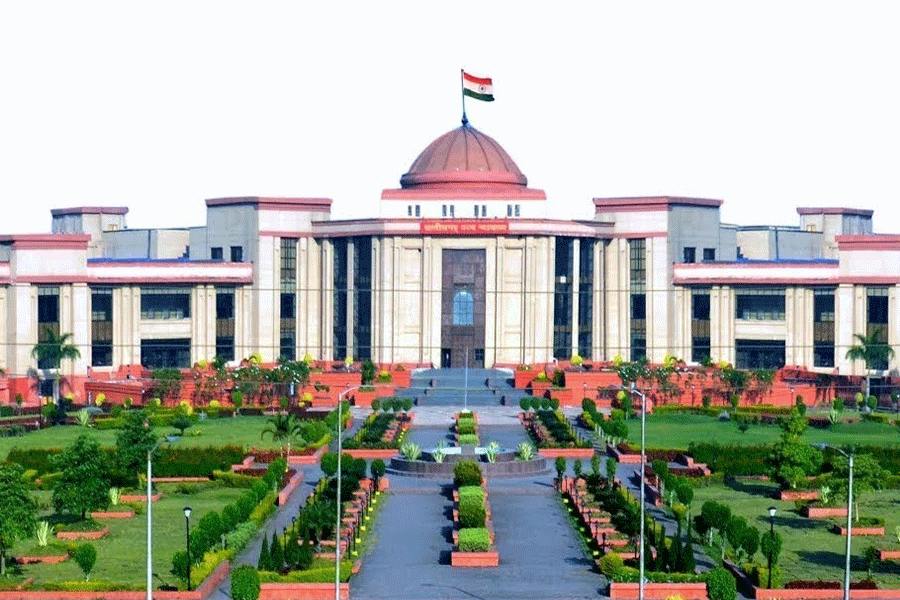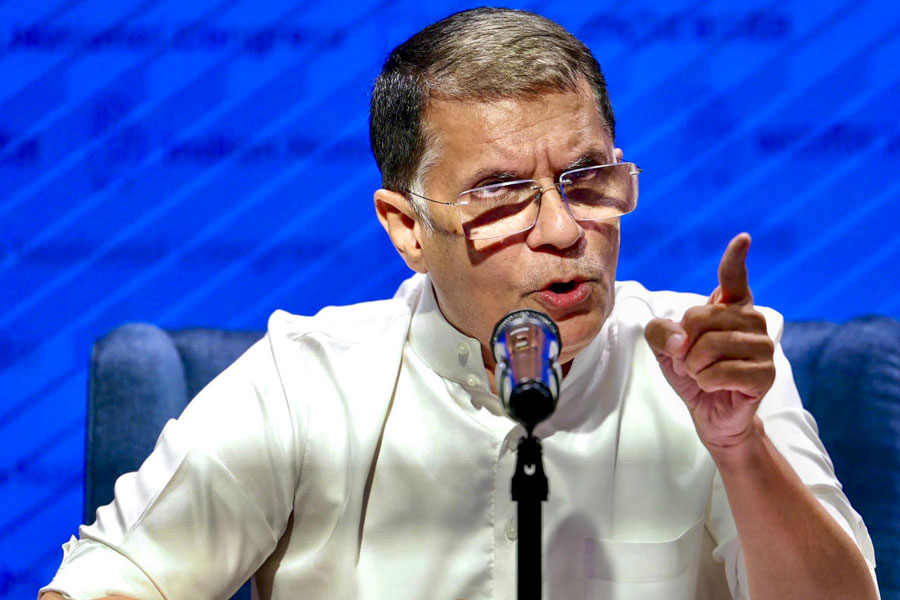Donald Trump on Wednesday claimed that India agreed to drop tariffs under his pressure, but his measures appear to have backfired as New Delhi is deepening ties with Moscow, Russian oil is flowing at discounts, and energy markets are adapting through shadow trading networks.
“They have tariffs against us. China, which kills us with tariffs. India kills us with tariffs. Brazil kills us with tariffs,” Trump said during an interview on The Scott Jennings Radio Show on Tuesday. “I understood tariffs better than any human being in the world. And now with my tariffs, they were all dropping them. India was the most highly tariffed nation. And you know what, they've offered me no tariffs in India anymore.”
Trump has imposed 50 per cent tariffs on India, among the highest in the world, including 25 per cent for its purchases of Russian oil.
"If I didn't have tariffs, they would never make that offer. They would never make that offer. So you have to have tariffs. We're going to be economically strong,” he added.
New Delhi has described the US tariffs as “unjustified and unreasonable” and signalled it will take “all necessary measures” to safeguard national interests and economic security.
The dispute over tariffs comes amid a federal appeals court ruling that most of the Trump administration’s so-called “Liberation Day” levies on trading partners are illegal.
The court, however, allowed the tariffs to remain in place at least until mid-October while the administration appeals to the Supreme Court.
Trump dismissed the ruling, alleging that it was “sponsored by other nations because they're taking advantage of us.”
But the tariff escalation is backfiring, particularly in energy markets, reported WSJ.
Russian President Vladimir Putin on Wednesday said that global demand for energy was on the rise, including in China, and that the agreements made with Russia, the world's biggest producer of natural resources, would ensure stable and reliable supplies.
The higher duties initially drove Indian refiners to reduce purchases of sanctioned Russian oil in favour of Middle Eastern supplies.
Chinese buyers snapped up Russian cargoes, with October orders of Urals crude surging nearly tenfold, according to Argus Media.
The Trump administration has not imposed aggressive measures on China.
Moscow has slashed oil prices to reclaim its market share in India.
A $7-per-barrel discount compared with similar grades from Oman has made Russian oil even more attractive to Indian refiners, who have resumed purchases, said the report.
As of Friday, a barrel of Urals costs India $1 less than it did before the White House first threatened the higher tariff.
Kpler data shows that crude under Western sanctions accounts for 15 per cent of global supply, traded through an expanding fleet of shadow vessels that has quadrupled since Russia’s oil exports were targeted.
India now sources 37 per cent of its crude from sanctioned suppliers, up from just 1 per cent four years ago, while China’s share has grown to a third of its imports, as per WSJ.
Washington’s move is also seen as a bargaining tool in trade negotiations, where US demands for greater agricultural market access have been a sticking point.
Analysts at Citi estimate the tariffs could shave 0.8 percentage point off India’s economic growth.
Instead of softening its stance, New Delhi is doubling down on its ties with Moscow and Beijing.
Prime Minister Narendra Modi attended the Shanghai Cooperation Organisation summit in China this week, his first trip there in over seven years.
India’s foreign minister also visited Moscow, where the two countries agreed to boost bilateral trade by 50 per cent over five years.
The WSJ noted that the policy shift risks undermining Washington’s broader energy strategy.
For much of the Ukraine war, US and European leaders tolerated India’s Russian oil imports because they helped stabilize global prices.
For now, the tariffs appear to have achieved the opposite of their intended effect: Russia’s oil has become cheaper, India remains a major buyer, and global energy markets are adjusting to a sophisticated shadow trading network.

